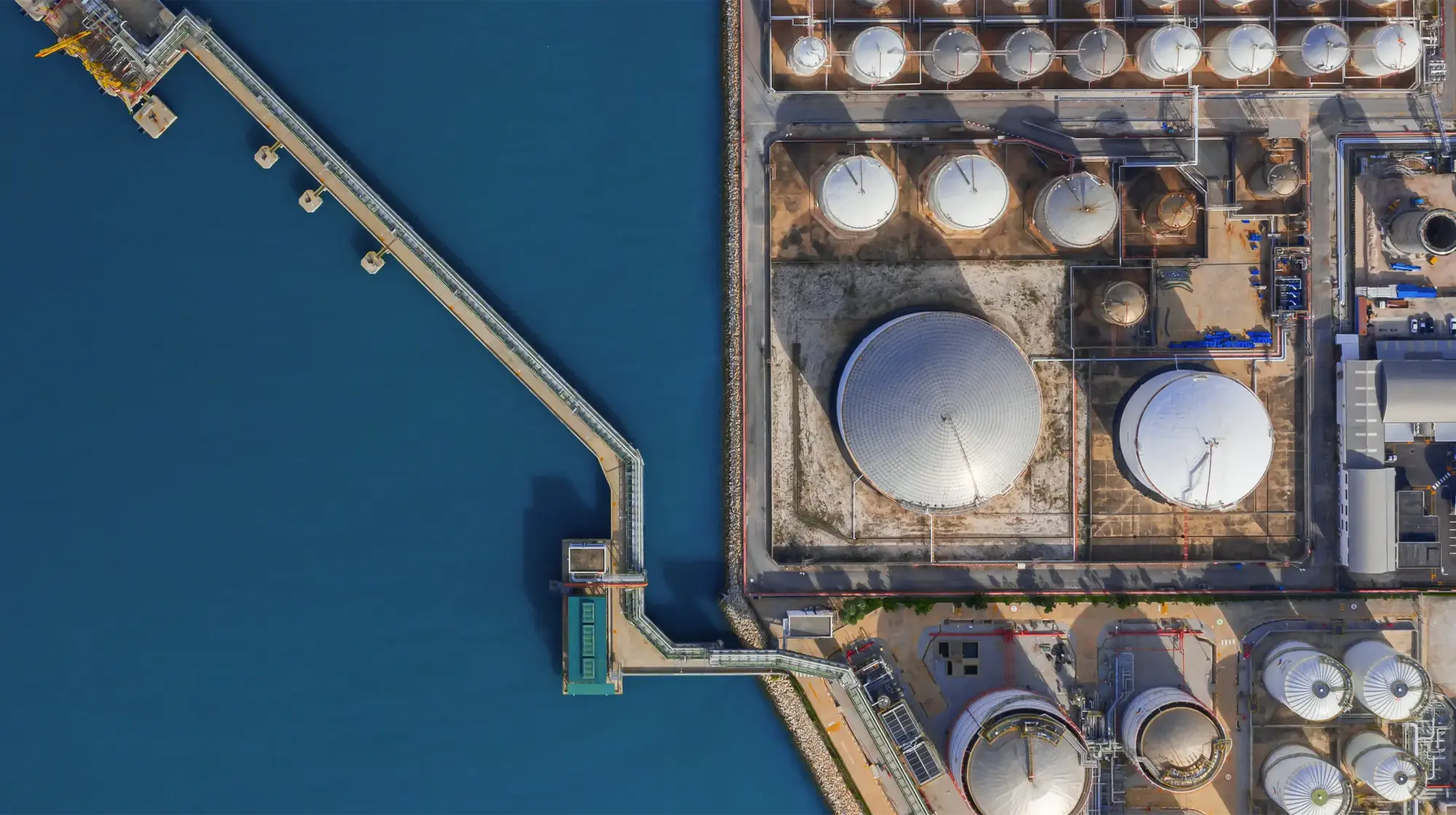Reports related to this article:
Project(s): View 13 related projects in PECWeb
Plant(s): View 1 related plant in PECWeb
Released March 08, 2013 | JOHANNESBURG
en
Written by Richard Finlayson, Senior International Editor for Industrial Info Resources (Sugar Land, Texas)--Namibia's Ministry of Mines and Energy (MME) and Angola's Ministry of Petroleum have been discussing the possibility of cooperating on crude oil supply and constructing an oil storage terminal on the border between the two southwest African countries.
Under the draft concepts being considered, Namibia might procure oil from Angola, and a memorandum of understanding has been drawn up with a view to it being signed later this year. Any agreement will have to be approved by the Angolan Ministry of Foreign Affairs and Namibia's attorney general.
In a previous working meeting, attendees recognized the need to strengthen cooperation in the petroleum sector, and Namibia said that it was willing to participate in the second-phase construction project of Angola's Lobito refinery and the construction of the Soyo refinery. Sonangol, Angola's state-owned oil utility, is planning the first phase of construction on the Lobito refinery. The 200,000-barrels-per-day refinery is sited on the country's central coastline on the South Atlantic Ocean.
The Soyo refinery project is on the northern coast near the border with the Democratic Republic of Congo. Sonangol and Namcor (National Petroleum Corporation of Namibia) intend to cooperate closely. MME has informed the Angolans that it is working on mechanisms to change the situation in which the private sector has a monopoly over the downstream supply of fuel.
If the plans are brought to fruition, oil, diesel and petrol prices could be reduced. Currently, it is illegal for Namibians to purchase fuel in Angola, as it enables the evasion of payment of levies, which MME says could cripple the local economy. It is reported that there is trend for northern residents to cross into Angola to fill up. An agreement also could mean that Namibia would not have to import fuel from overseas and save foreign exchange.
Talks between Namibia and Nigeria on a refinery at Walvis Bay have not moved forward. Talks also have been held with Iran to set up a refinery.
Industrial Info Resources (IIR), with global headquarters in Sugar Land, Texas, and eight offices outside of North America, is the leading provider of global market intelligence specializing in the industrial process, heavy manufacturing and energy markets. Industrial Info's quality-assurance philosophy, the Living Forward Reporting Principle, provides up-to-the-minute intelligence on what's happening now, while constantly keeping track of future opportunities.
Under the draft concepts being considered, Namibia might procure oil from Angola, and a memorandum of understanding has been drawn up with a view to it being signed later this year. Any agreement will have to be approved by the Angolan Ministry of Foreign Affairs and Namibia's attorney general.
In a previous working meeting, attendees recognized the need to strengthen cooperation in the petroleum sector, and Namibia said that it was willing to participate in the second-phase construction project of Angola's Lobito refinery and the construction of the Soyo refinery. Sonangol, Angola's state-owned oil utility, is planning the first phase of construction on the Lobito refinery. The 200,000-barrels-per-day refinery is sited on the country's central coastline on the South Atlantic Ocean.
The Soyo refinery project is on the northern coast near the border with the Democratic Republic of Congo. Sonangol and Namcor (National Petroleum Corporation of Namibia) intend to cooperate closely. MME has informed the Angolans that it is working on mechanisms to change the situation in which the private sector has a monopoly over the downstream supply of fuel.
If the plans are brought to fruition, oil, diesel and petrol prices could be reduced. Currently, it is illegal for Namibians to purchase fuel in Angola, as it enables the evasion of payment of levies, which MME says could cripple the local economy. It is reported that there is trend for northern residents to cross into Angola to fill up. An agreement also could mean that Namibia would not have to import fuel from overseas and save foreign exchange.
Talks between Namibia and Nigeria on a refinery at Walvis Bay have not moved forward. Talks also have been held with Iran to set up a refinery.
Industrial Info Resources (IIR), with global headquarters in Sugar Land, Texas, and eight offices outside of North America, is the leading provider of global market intelligence specializing in the industrial process, heavy manufacturing and energy markets. Industrial Info's quality-assurance philosophy, the Living Forward Reporting Principle, provides up-to-the-minute intelligence on what's happening now, while constantly keeping track of future opportunities.


